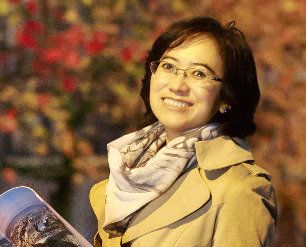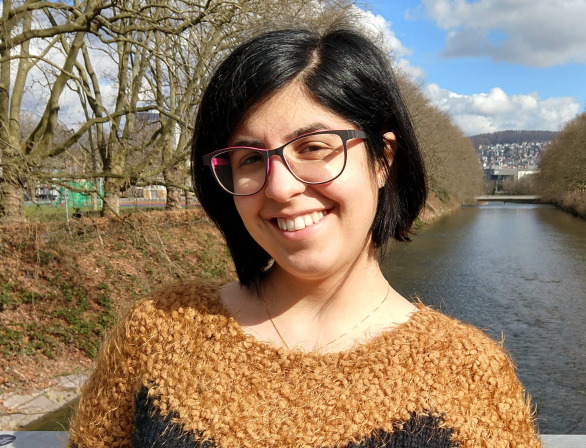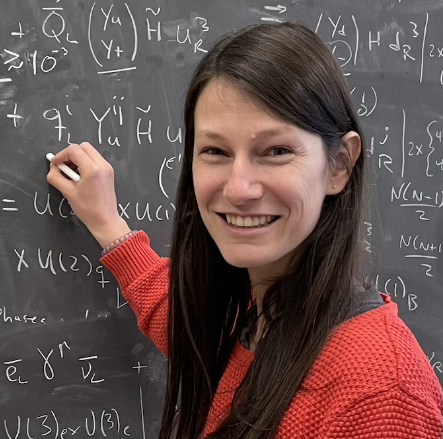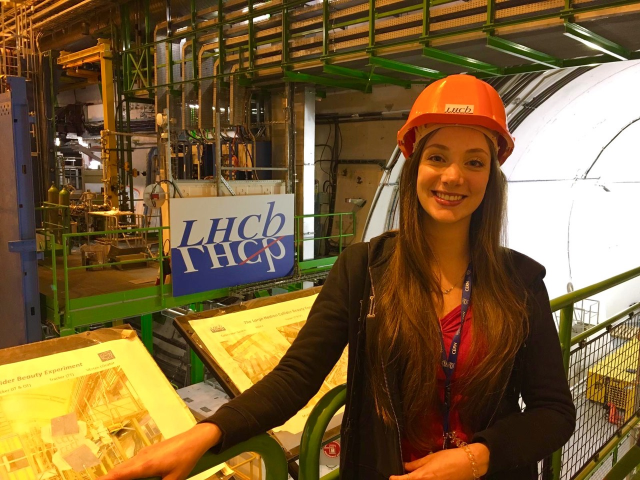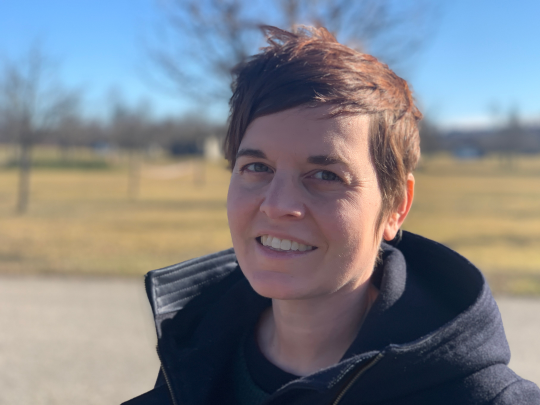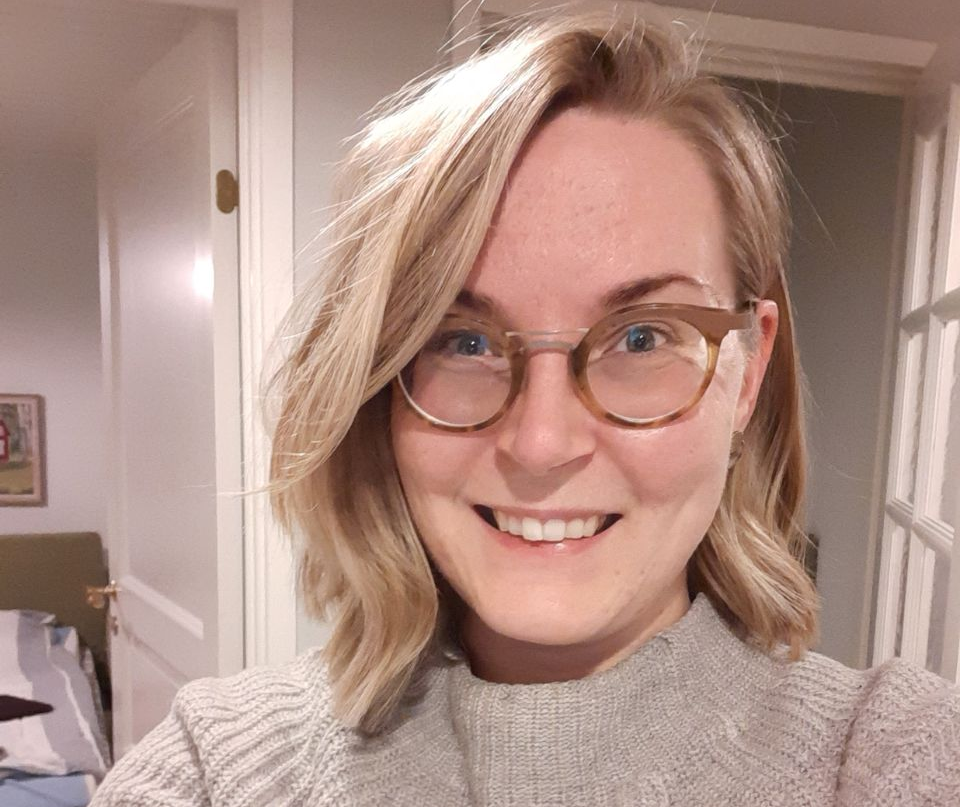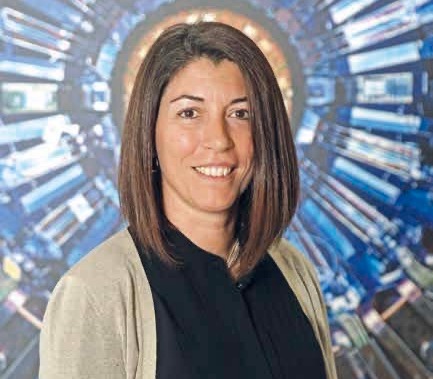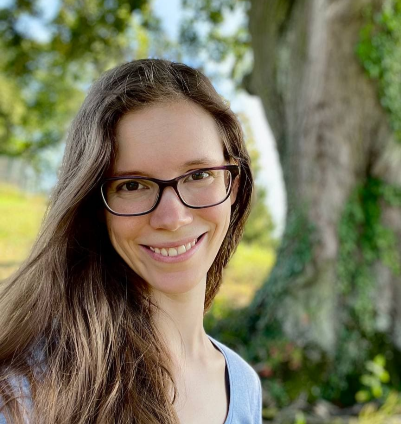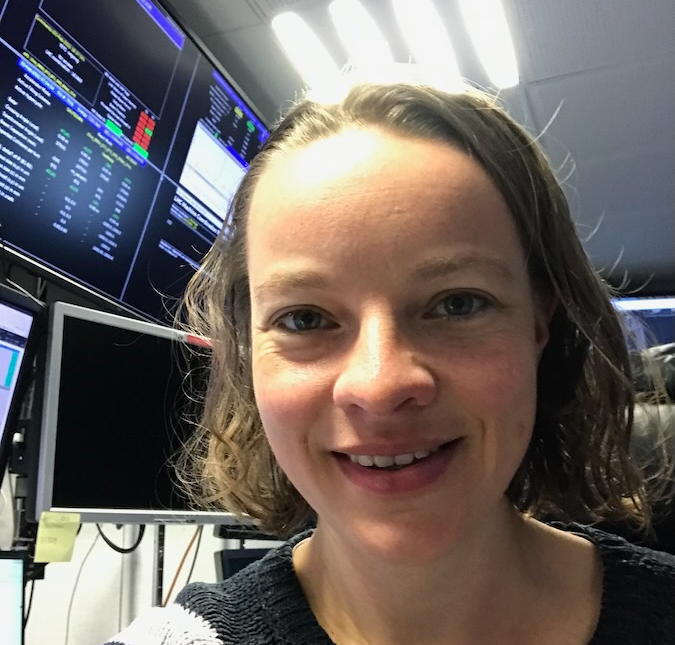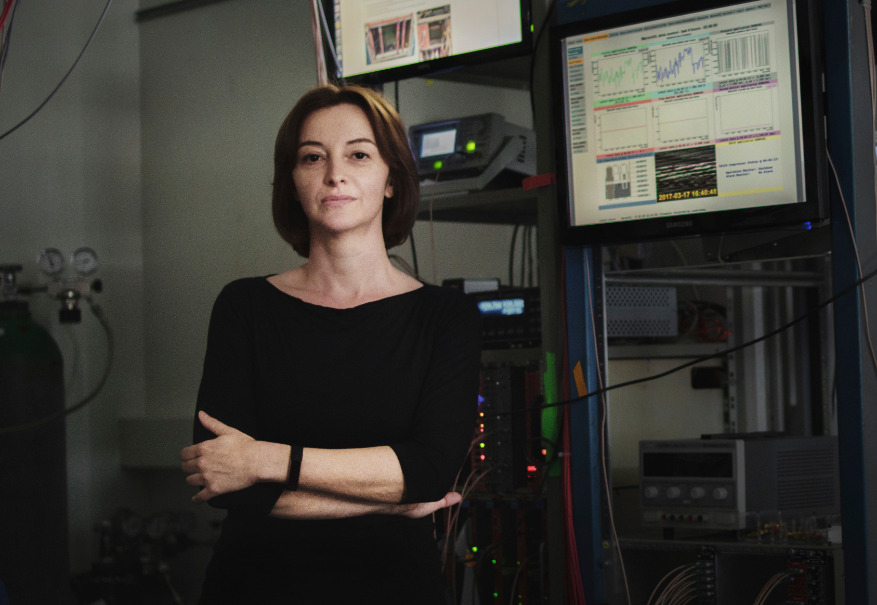International Day of Women and Girls in Science - 11. Februar 2022
As part of the International Day of Women and Girls in Science 2021 on February 11, we present female researchers at the Physics Department of the University of Zurich:
Fiona Kirk, PhD "I want to go beyond the Standard Model, that's why I am doing a PhD in theoretical particle physics."
Iaroslava Bezshyiko, Postdoc, Particle Physics "At CERN we try to understand the world and be curious. Questioning alone leads to technological development and progress. And it's also great to work with all the talented people united by one idea."
Michelle Galloway, Senior Scientist "I seek to understand what our Universe is made of and how it began. I search for dark matter and solar particles with an underground observatory at LNGS and develop detectors here at UZH."
Lara Selvaggi, Senior Scientist "My enthusiasm for research is focused in the filed of mechanobiology. I built and patented a device to measure forces, in-vivo, during tissue closure events. I love Physics since it is connected to our daily life and, as a former dancer, I linked it to Ballet publishing a romance and joining "Dance&Physics” events as invited speaker." www.danceandphysics.com www.caarma.info
|
Aleksandra Nelson, PhD "I am studying topological properties of materials. The most exciting thing in my work is to see how abstract mathematical theories can describe the behavior of nature."
Pin-Jung Chiu, Postdoc
Huanyao Cun, Senior Scientist "As a surface physicist, I am excited to see the world at the nanometer scale. To see an atom is more than thousand words about an atom." www.swissbn.ch
Particle Physics
"I work as a particle physicist at the LHCb experiment at CERN. What I like about this job is that it can be challenging, but it is also very exciting: you are always learning new things and you can never get bored."
Katharina Müller, Senior Scientist, Particle Physics
|
Julie Pagès, PhD
"Choose a job you love, and you will never have to work a day in your life. As a particle physicist in the LHCb experiment, I study the interactions of the tiniest components of Matter, the quarks, by analyzing data from the collisions of protons at the Large Hadron Collider at CERN. Lea Caminada, Professor " In my research I explore basic particles and interactions at highest energies. I build experiments and detectors to make their traces visible. Currently I am working on the CMS experiment at CERN."
Jaana Heikkilae, Postdoc Particle Physics "I am thrilled about being a particle physicist, as it is a unique opportunity to challenge myself daily while uncovering the secrets of the universe.
Florencia Canelli, Professor Particle Physics "My research consists of studying the structure of matter, energy, space and time at the highest energies possible to understand the fundamental nature of our universe. My current research is the CMS experiment at the Large Hadron Collider at CERN."
|
Irina Kempf, PhD "Working in medical physics allows me to connect my knowledge of physics with my fascination for medicine with the goal of improving our understanding of how radiation can cause (and also treat!) cancer."
Adinda de Wit, Postdoc, "As a researcher in experimental particle physics at @CMSExperiment at @CERN I get to study the fundamental building blocks of the universe, and am always learning new things!"
Anna Macchiolo, Senior Scientist Particle Physics 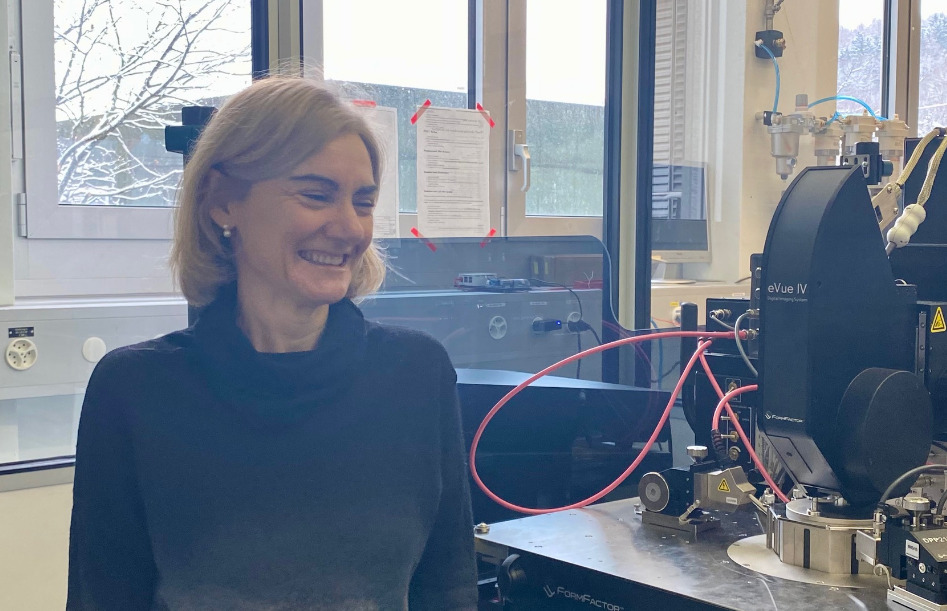
"Working at the technology frontier, imagining new detectors to enable our research, solving problems with people from all over the world."
Laura Baudis, Professor
"My research aim is to reveal the fundamental nature of dark matter. I am happy to see many young, brilliant women in astroparticle physics. Nonetheless, the gender imbalance in our field remains profound, and we must work hard to remove the barriers that prevent a large fraction of society from participating in our exciting discipline.”
|
According to the UNESCO Institute for Statistics, the global share of women in research and development is less than 30 percent. In most countries, gender equality in the so-called STEM subjects (mathematics, computer science, natural sciences and technology) is still far from being achieved at all levels of the education system. To highlight this gender imbalance and raise awareness, the United Nations launched the International Day of Women and Girls in Science.
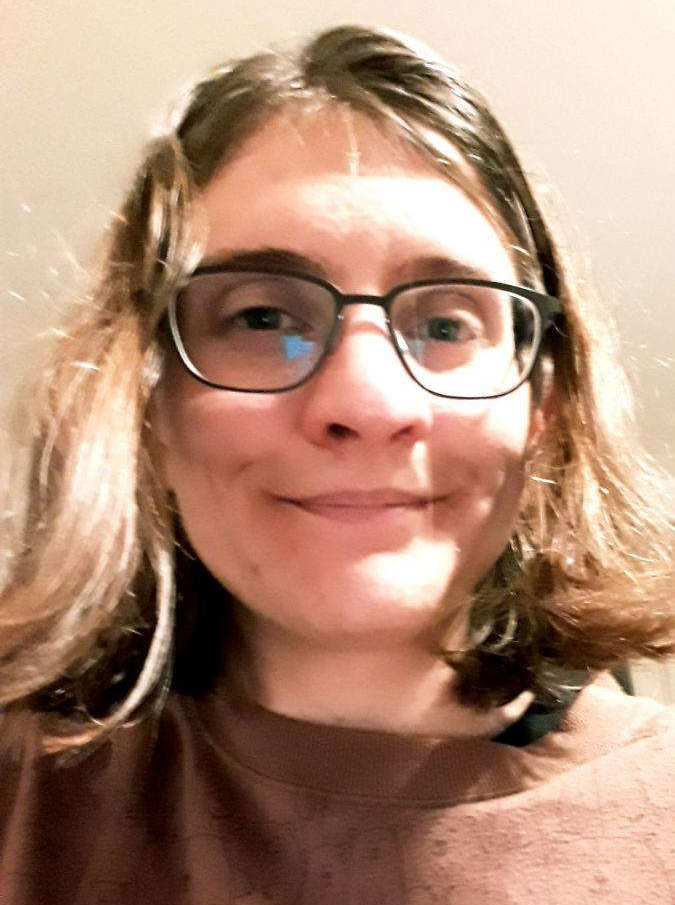
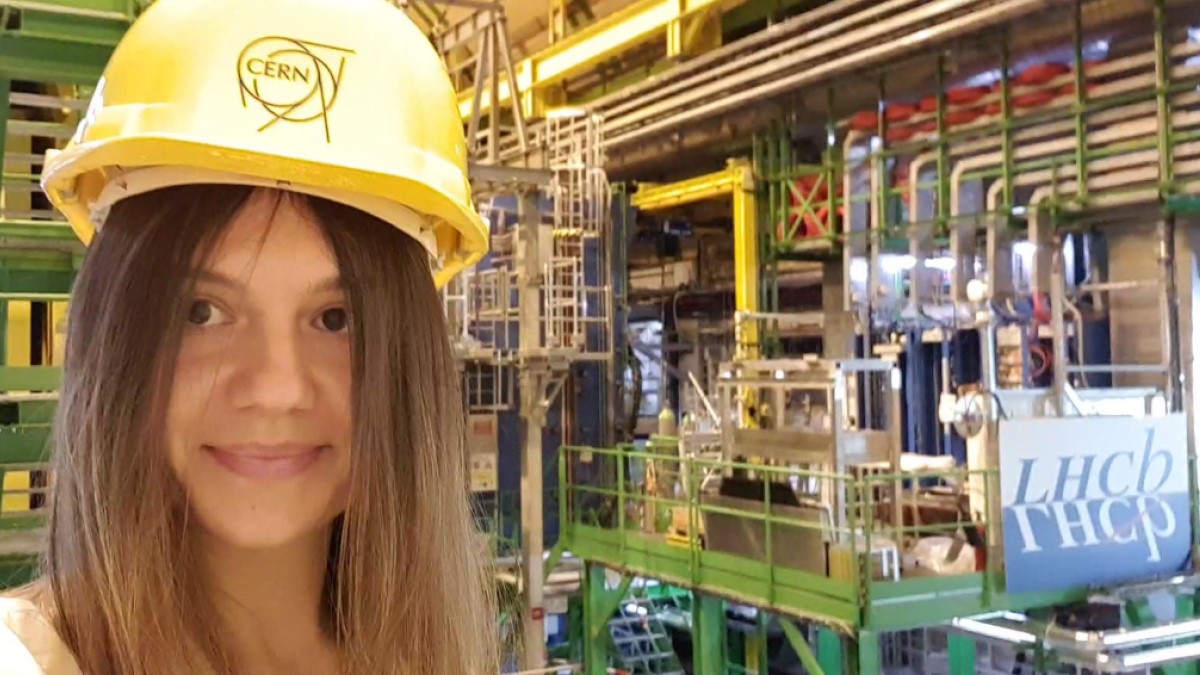
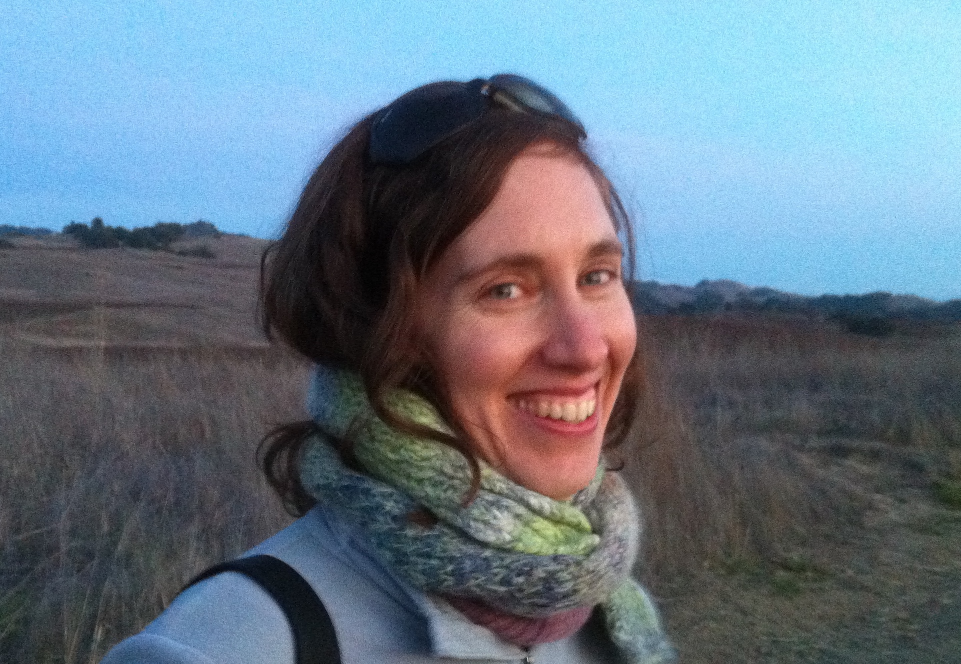
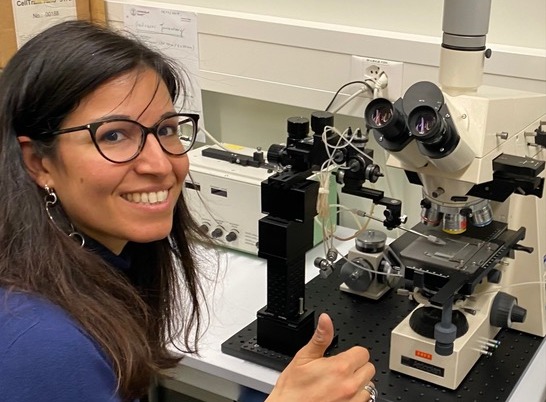
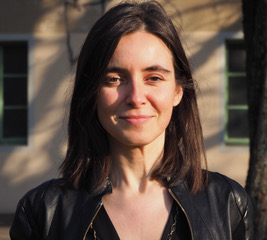
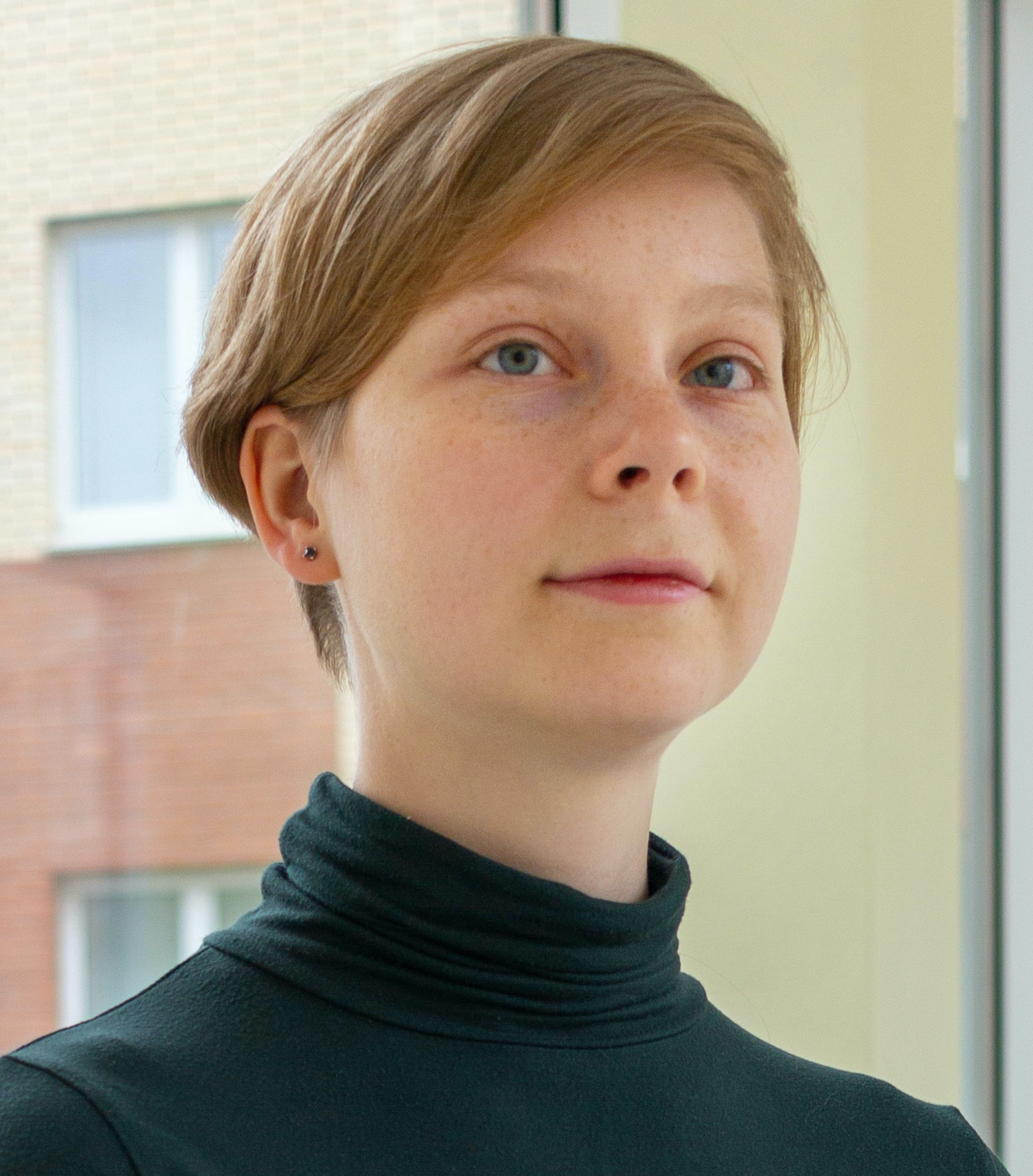
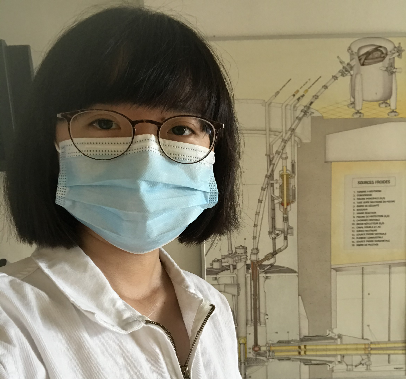 "As an experimental particle physicist, I enjoy exploring the mysteries of the fundamental building block of the Universe, focusing especially on searches for dark matter candidates and studies on beyond Standard Model physics."
"As an experimental particle physicist, I enjoy exploring the mysteries of the fundamental building block of the Universe, focusing especially on searches for dark matter candidates and studies on beyond Standard Model physics."
